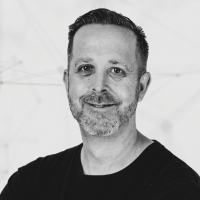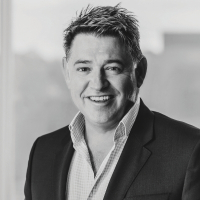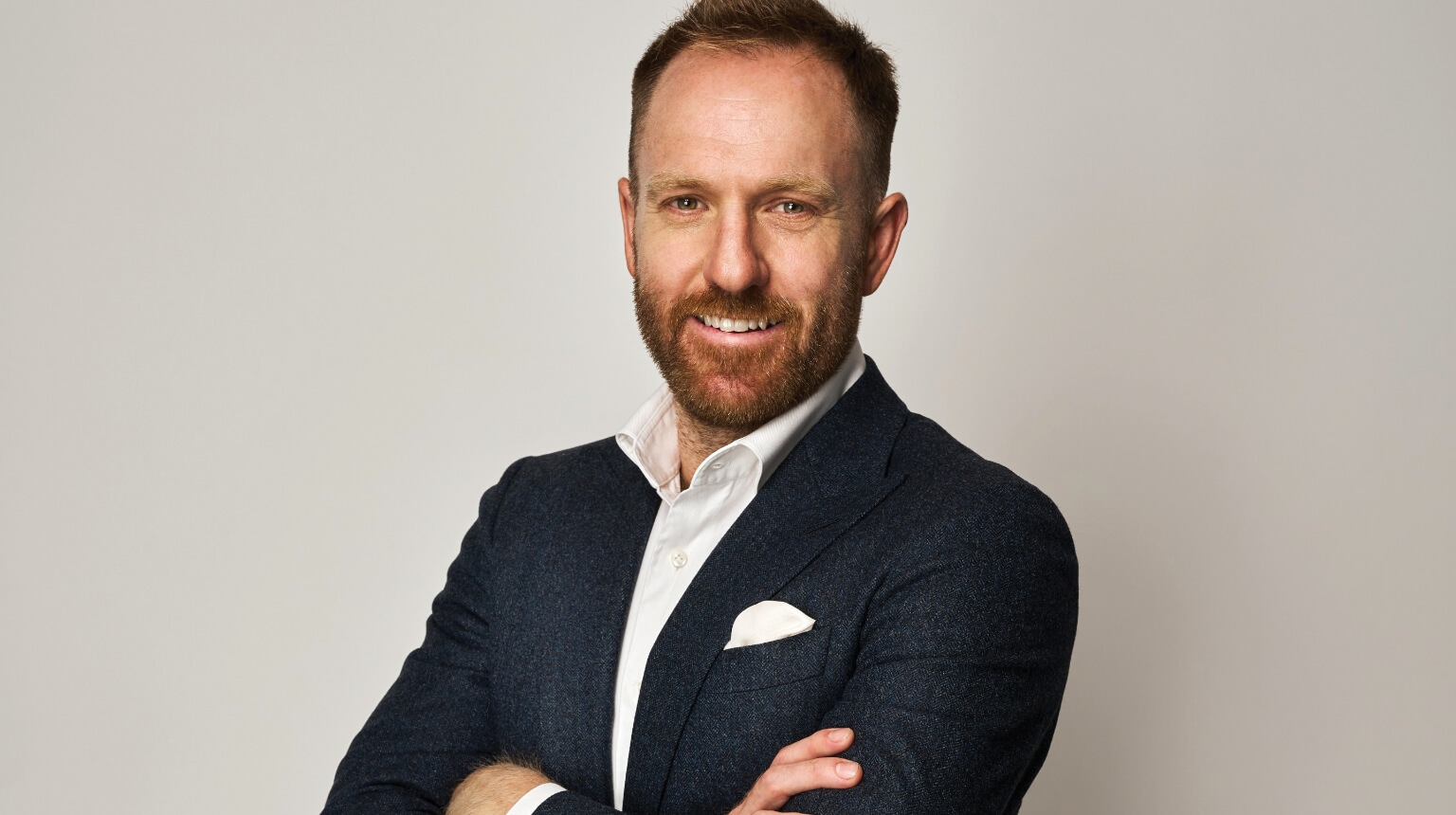Q. How is demand for asset finance looking in 2025?
Andrew Wagg (AW): It’s been a subdued start to the year. Businesses are a lot more cautious when they’re looking to purchase an asset.
Mark Rayson (MR): We always see a slowdown through the election period and that [was] compressed with a bunch of public holidays. But we generally see that demand bounces straight back soon as the election’s over. So, there’s a bit of compressed demand sitting there.
Q. Why is now a good time to be a broker who can write asset finance?
MR: It’s always a good time to be a broker who can write asset finance. The market has been slow, but it’s still a big market. And I’m hoping we’ve reached the end of some of our market malaise, interest rates appear to be coming down and we expect to see more demand in the industry. The early bird gets the worm. When it’s booming, it’s almost too late to jump in.
Q. Is asset finance more difficult than people think?
AW: It’s easy to do a car deal on a low-doc transaction. But understanding the purpose of why they want that asset is important. Good brokers know how to structure those deals as well. It comes back to knowing your customer, asking the right questions, and being inquisitive.
MR: We see a lot where people who haven’t traditionally done asset finance are encouraged to do asset finance. I think the theme is that asset finance is easy, just get on it and diversify some income. It is a lot more complex than people understand and believe.
To do it properly, you really need to have someone who knows what they’re doing.
Q. Why is building client relationships so important in this segment?
AW: It’s being that trusted adviser – understanding your customer. Even if they don’t have an asset purchase ready to go in the next six to 12 weeks, it’s around understanding what they have coming up and what else you can do to help out.
It’s not just putting an asset in place and not speaking to that customer for five years – that doesn’t happen anymore. Successful brokers understand the long-term needs of their customers.
If you look at a transport business, for example, most people will think, “Let’s just finance the trucks.” But there’s more to it than that. Asking those questions around, “Do you have a warehouse? Could we do the fitout? The racking? Are forklifts in the warehouse?”
There are different types of assets within that business.
Yes, it’s a transport business and you can finance trucks, but there’s a wide range of assets that you can fund and asking the right questions will really help.
Q. What are the advantages of specialisation?
MR: We see it as a specialised industry. We set our business up to purely specialise. We’ve been asked over the years to move into mortgages, for example, but we think the best value proposition we can deliver to our brokers [is asset finance].
The specialist model works and we’ve built our network of people who essentially wake up in the morning thinking about financing cars, trucks, and earthmoving machinery.
Q. What can new asset finance brokers do to stand out?
AW: Understanding financial statements is an important piece. We have several low-doc lenders out there who can cover a lot, but understanding financials and looking at a commitment schedule is key. We all grew up assessing financials and looking at a commitment schedule to see which lenders the customer has commitments with and what’s running off.
You can really get a good gauge by assessing those things.
Q. Anything else our readers should keep an eye on?
AW: We’ve built up a lot of data, especially over the last few years. We’re now analysing that data to be able to provide opportunities to our brokers.
We’re partnering with our asset finance brokers. We have four asset finance BDMs who are focused on specialist asset finance brokers to support them and their clients’ long- term needs.







